1980 Time Series Study
About the Dataset
- Time Series Study
- Includes: vote validation, contextual
- Completions: 1,614 pre-election; 1,408 post-election
- Sample: all fresh cross-section
- Modes used: face-to-face
- Weights: (none)
Study Content Highlights
In addition to content on electoral participation, voting behavior, and public opinion, the ANES 1980 contains questions in other areas such as partisanship, political efficacy, and government responsiveness. Special-interest and topical content includes questions on the proposed 30% tax cut, new questions on campaign contributions and party identification, new retrospective and prospective evaluations of the economy, new issue scales on defense spending and U.S. foreign policy toward Russia, a new abortion question, and the introduction to the ANES time series of ‘traits and affects’ measures of perception and response regarding political leadership.
Study Design Highlights
Besides representing a traditional pre-post study, the two waves of the ANES 1980 were simultaneously components of a larger project consisting of 8 integrated survey data collections carried out throughout 1980 and scheduled at strategically chosen time periods. Other studies in the project included the 4-wave 1980 Major Panel Study, and a 2-wave minor panel that is available only in the ANES 1980 Merged File, which combines into a single dataset all ANES study data collected during 1980.
The sample design of the ANES 1980 is not typical of the time series. Like that of the ANES 1978, it employed a sampling frame of congressional districts, with primary areas comprising 108 districts selected in the first stage of the multi-area probability sample developed in 1978. As in all time series studies, however, the total sample was drawn to constitute a representative national cross-section, including an average of 15 interviews per district. Interviews were conducted prior to the November 4 elections, beginning September 7 using a pre-election instrument averaging 70 minutes. Post-election interviews averaged 60 minutes and were administered November 5,1980-February 7, 1981. The sample included 2,249 eligible persons, among whom 1,614 completed pre-election interviews and 1,408 were subsequently re-interviewed in the post.
